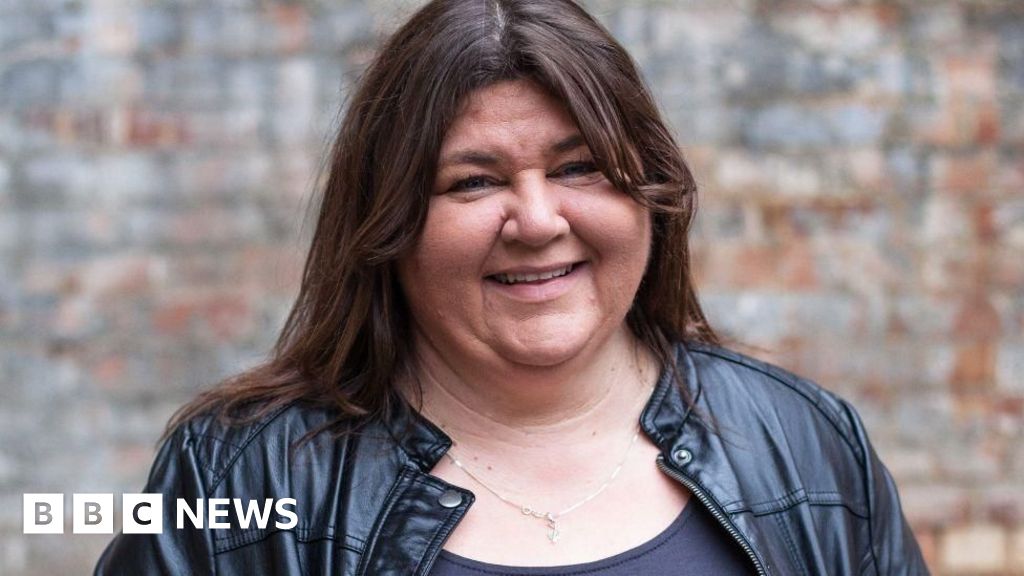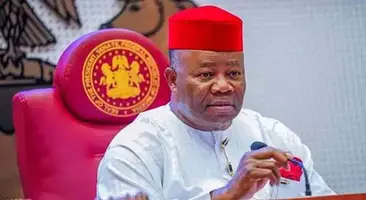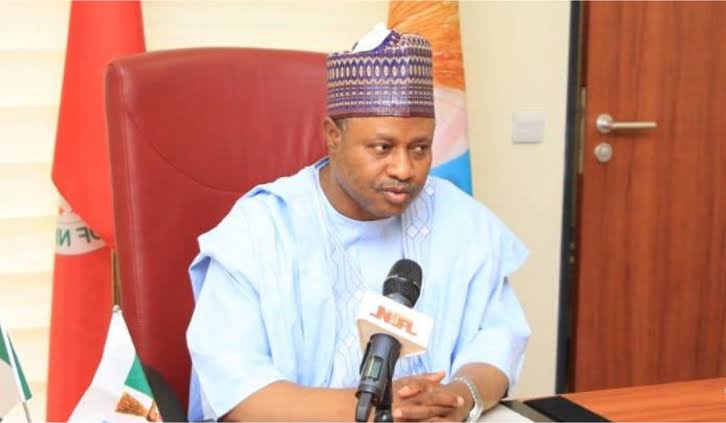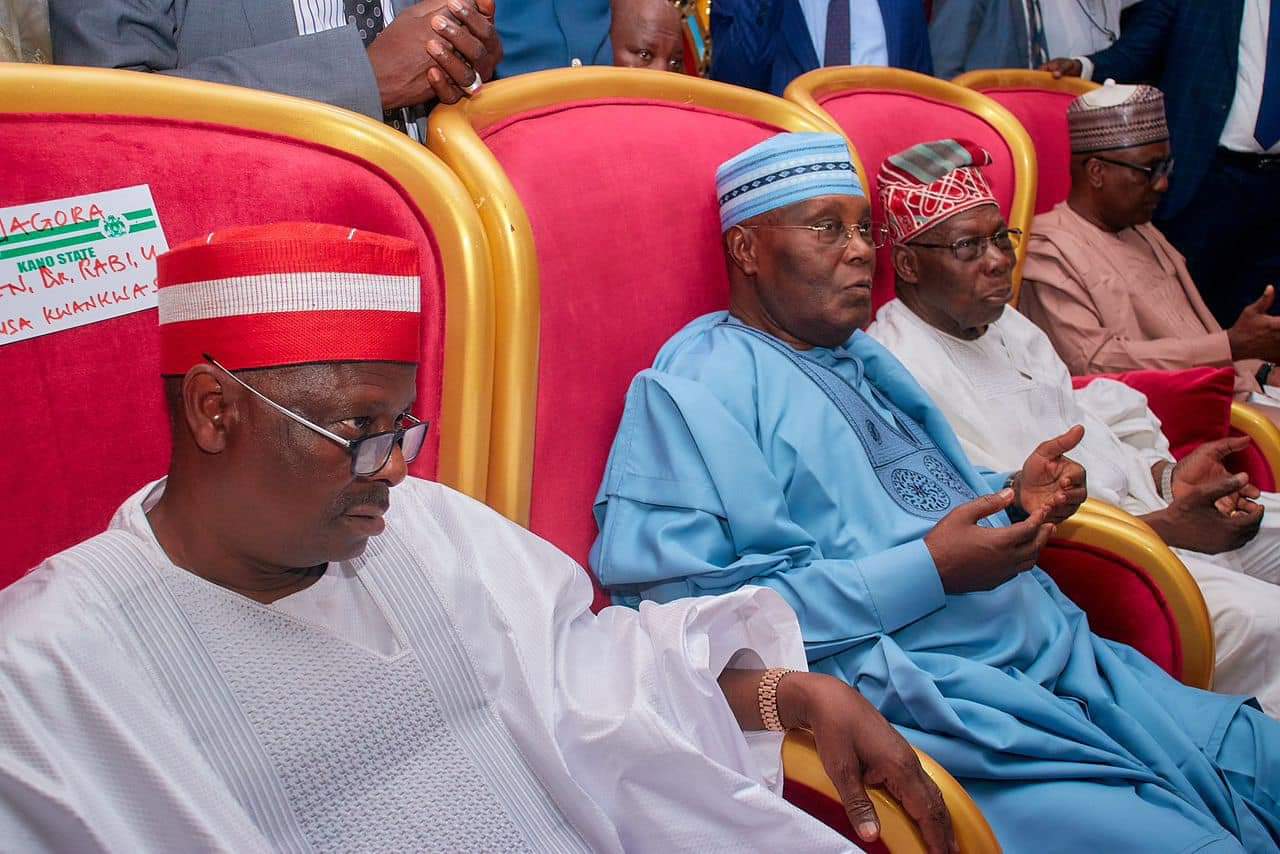The Director-General, National Agency for Food and Drug Administration and Control, Prof. Mojisola Adeyeye revealed that her husband, Olusola, and President Bola Tinubu, are among the several others who fought for Nigeria’s democracy.
Adeyeye made this known on Friday in her interview on the Channels Television programme, Inside Sources.
Her comments came on the heels of the recent nationwide #EndBadGovernanceInNigeria protest which started on August 1, 2024, but has lost popularity after a week.
The protest was birthed in reaction by some Nigerians to the economic hardship affecting the standard of living of the citizenry.
The demands of the organisers and protesters include a return of the fuel subsidy, reduced price of food items, and low cost of governance, among others.
The NAFDAC boss described the country’s current situation as “a reflection of a six-decade of decadence.”
“I was young when we got our independence, and I knew the Nigeria that worked,” she recalled.
Adeyeye said, “We left the country for further studies in 1980, and we were part of those who fought for the democracy of this country. My husband and others fought for democracy in this country. My husband with the current president of this country, President Bola Tinubu, fought for independence. Some of them had broken homes. Some of them and others in the diasporas were always going to beg others to help us and deliver us from military rule then.
“At some point, a friend of mine asked me, “Aunty Moji, is something wrong with you and your husband?” Because he was teaching on Tuesdays and Thursdays, and those were the days he was present at home. He was always going with other leaders of Nigeria to beg other countries to help us. So I take whatever is happening now personally.”
The NAFDAC DG noted that the struggle for Nigeria’s democracy made her husband return from abroad after more than two decades, and within a year, he brought transformational changes to his Local Government in Osun State.
She said, “That was what made him come back home in 2002 after 22 years. He was an interim chairman of his Local Government and people were shocked at what happened to Ifedayo Local Government, Osun State, within one year.
“Before he came, there was no light in his Local Government for six months. He brought light. There was no water for 17 years, he brought water.
“He wears knickers to work, and they told him he was supposed to be wearing Agbada. It was the best job he ever did.”
Adeyeye, a Professor of Pharmaceutics and Manufacturing, lamented that before her return to Nigeria from the United States, the state of the country’s pharmaceutical industry and quality of medicines, among others was low.
“So, I take whatever is happening now personally. I was there for 37 years because I had to take care of the children. Both of us couldn’t come. He and others sacrificed a lot for the pro-democracy movement. After 37 years, I came back and of course, my profession is pharmacy. I was a professor for 30 years. I retired from the US system and came back to a country I couldn’t recognise anymore in terms of our values, the state of our pharmaceutical industry, the quality of medicines, and generally healthcare delivery.
“That’s why I said what is happening now is a result of six decades of decadence.
“I had thought of the new national anthem that says “in peace and plenty”. We are not looking for the Ethiopian system of government. It cannot happen. However, our people deserve the best within the context of our resources.”
She advised parents, and educational and religious institutions to make more efforts towards restoring the lost values in Nigerian society.
“But our values have gone, and it started from the home. If the parents are not doing what they should do, if the church and mosque are not doing what they are supposed to do, and if the schools are not the way they should be…it goes right up to the highest level of functionality of society.
“So what is happening now is very painful for me. I am a realist because, after 37 years abroad and coming back home, the reality is there that you have got to sacrifice. We were very comfortable in the US. But it is not all about comfort, but about making a significant impact in society.
“In peace and plenty may Nigeria be blessed. We cannot be blessed without a transparent society. We cannot be blessed if we have corruption. Corruption has eaten into the fibre of the society,” she said.
The NAFDAC boss had noted that she met a N3.2 billion debt and an unaccounted N500 million when she took over the agency’s affairs in 2017.
Nigeria gained independence from the British colonial masters on October 1, 1960, and became a democratic nation on May 29, 1999.
However, before leaving office, former President Muhammadu Buhari, approved June 12 as the Democracy Day, in commemoration of the late Moshood Abiola who died in incarceration after the annulment of the 1993 presidential election by former military dictator, Ibrahim Babangida.
During Tinubu’s national broadcast on June 12, 2024, he extended appreciation to some of the heroes and heroines who contributed immensely to Nigeria’s fight for democracy.
These include but are not limited to late Kudirat Abiola, Shehu Musa Yar’Adua, Alfred Rewane, Anthony Enahoro, Abraham Adesanya, Dan Suleiman, Arthur Nwankwo, Chukwuemeka Ezeife, Ndubuisi Kanu, Adekunle Ajasin, Gani Fawehinmi, Beko Ransome-Kuti, among others.

 3 months ago
94
3 months ago
94















 English (US) ·
English (US) ·